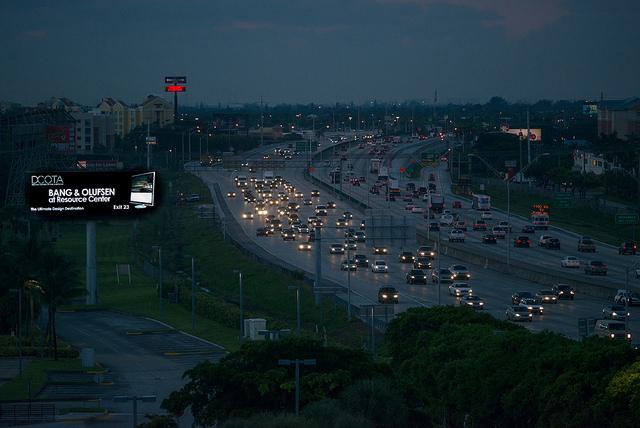As ridesharing services like Uber and Lyft continue to expand across the country, insurance rules and coverage requirements for drivers are evolving—but not without challenges. For many ridesharing drivers, understanding how insurance applies in various situations can be confusing, and the risks of being underinsured or uninsured are real. Navigating the insurance landscape is critical for any driver using their personal vehicle for commercial purposes, as the lines between personal and business use can quickly blur in the event of an accident.
In some states, progress has been made. Ridesharing drivers can now obtain car insurance policies that fully acknowledge their activities, eliminating the need to hide their participation in these services. This is an important development, as driving for a ridesharing platform without proper coverage can expose drivers to significant financial risk.
However, in other states, such as Nevada, uncertainty remains. Legislators continue to debate laws that would fully legalize ridesharing and establish clear insurance requirements. A primary concern is the gray zone—the period when a driver is logged into the ridesharing app and waiting for a ride request but has not yet picked up a passenger.
During this gap, drivers face a coverage dilemma. For instance, while Uber and Lyft offer substantial liability coverage once a ride is accepted, their coverage during the waiting period is often limited. Uber’s policy, for example, provides liability coverage for injuries to third parties during this time but may not offer protection for the driver’s own injuries or vehicle damage. Meanwhile, personal auto policies often explicitly exclude coverage for commercial activities like ridesharing. If a driver were to file a claim without disclosing their ridesharing status, the insurance company could not only deny the claim but also cancel the policy entirely.
Once a ridesharing driver accepts a ride request and a passenger is on board, the landscape changes. Uber provides up to $1 million in liability coverage, including medical benefits, while Lyft offers similar protection. This coverage is designed to safeguard passengers and other parties in the event of an accident. However, what remains unclear is whether hybrid policies—designed to bridge the gap between personal and commercial use—will adequately protect the driver themselves, especially for medical expenses incurred during the waiting period.
For ridesharing drivers, the key takeaway is clear: understanding your insurance coverage is not optional—it’s essential. The consequences of operating without proper coverage can be severe, including denied claims, canceled policies, and substantial out-of-pocket expenses in the event of an accident.
At Mineo Salcedo Law Firm, we help ridesharing drivers, business owners, and individuals understand their insurance policies and protect their rights. Our team is experienced in handling insurance disputes and claim denials, ensuring clients get the coverage and compensation they deserve. If you have questions about your policy or are facing a claim denial related to your ridesharing activities, don’t wait—contact Mineo Salcedo Law Firm today. We’re here to advocate for your best interests and ensure you’re not left unprotected in an evolving insurance landscape.
Let Mineo Salcedo Law Firm help you navigate the complexities of insurance coverage for ridesharing drivers and ensure your peace of mind on the road.









